Japan frees world's longest-held death row inmate
Updated: 2014-03-29 13:17
(Agencies)
|
||||||||
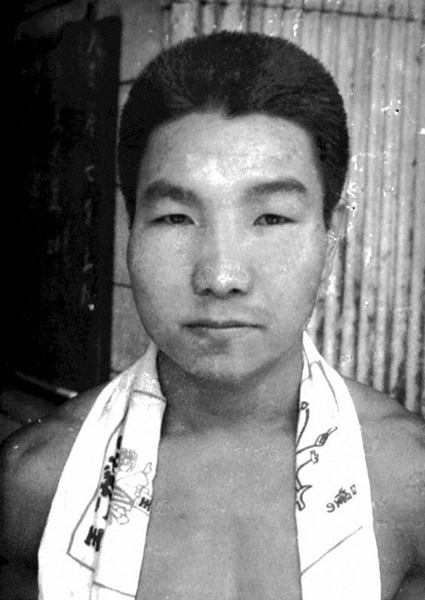 |
|
Iwao Hakamada is seen in this undated picture released by Kyodo March 27, 2014. [Photo/Agencies] |
"We finally tore down the wall of retrial," said Katsuhiko Nishijima, head of the defense team. "We will challenge the court decisions, as well as police and prosecutors that have denied our appeals so many times."
Thursday's ruling underscores Japan's much-criticized closed interrogations without a lawyer, which rely heavily on self-confession. Hakamada had confessed in a closed interrogation that lasted 20 days.
Following criticism that Japan's lengthy court proceedings violate defendants' right to fair and speedy trial, the country has increased the number of judges to speed up the process while adding some transparency, including a jury system.
The United Nations' torture committee said in a 2013 report that Japan's routine interrogation of suspects in police custody, known as "substitute prison," often results in beating, intimidation and sleep deprivation. Justice authorities are discussing videotaping interrogations, but only partial recordings are being tested.
Japan is highly secretive about executions. Death row inmates are informed the morning they are hanged. Critics say executions without prior notice violate basic human rights and that secrecy and uncertainty cause unnecessary suffering for inmates. The Justice Ministry discloses only limited details afterward.
"It's totally unacceptable from a humane point of view," said Akira Kitani, a former judge, referring to Hakamada's long detention in fear. "We should take this opportunity to open a serious discussion about the death penalty."
More than 100 people are on death row in Japan, in solitary confinement, some of them for years.
"If ever there was a case that merits a retrial, this is it," Amnesty International said. It said questions about Hakamada's conviction based on a forced confession and the use of evidence must be answered. "The Japanese authorities should be ashamed of the barbaric treatment Hakamada has received," it said in a statement.
A Tokyo detention center official said Hakamada's mental and physical condition had declined in recent years, most likely due to prolonged detention. He said it was the first time a death row inmate has been released while his retrial is still pending.
Hakamada's sister, Hideko, 81, who devoted more than half of her life to the legal battle on her brother's behalf, said she was happy he is finally free.
"I just want to praise him for enduring all these years," she said, holding back tears and a smile at the same time. "Forty-seven years is an awfully long time."

 Green Snake premieres in DC; an enchanting mystery
Green Snake premieres in DC; an enchanting mystery
 Trans-Pacific-City, State bonds celebrated
Trans-Pacific-City, State bonds celebrated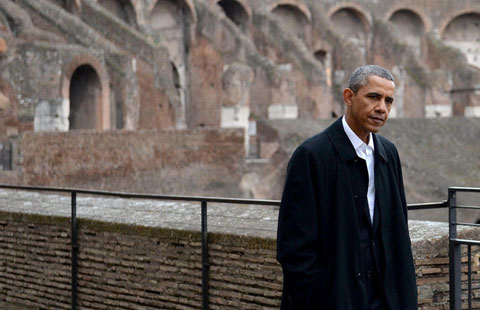
 Obama tours the Colosseum
Obama tours the Colosseum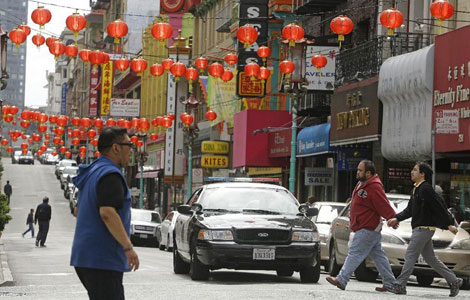
 FBI sting shows San Francisco Chinatown underworld
FBI sting shows San Francisco Chinatown underworld
 Ukraine's Tymoshenko to run for president
Ukraine's Tymoshenko to run for president
 Panda visit wows Obama family on last day of tour
Panda visit wows Obama family on last day of tour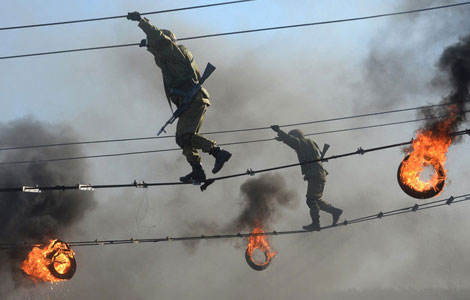
 Russian soldiers in training
Russian soldiers in training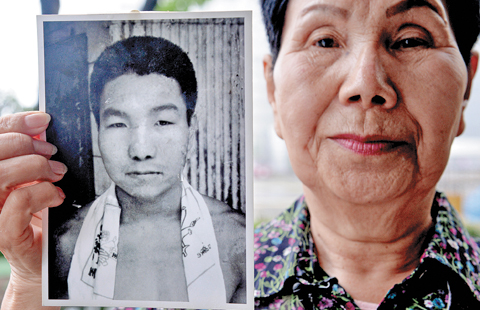
 Prisoner to get retrial after 47 years
Prisoner to get retrial after 47 years
Most Viewed
Editor's Picks

|

|

|
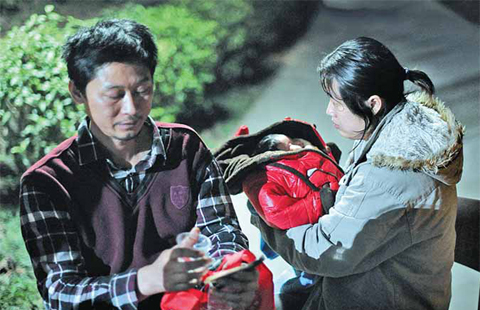
|

|

|
Today's Top News
Obama unveils plan to end NSA's bulk collection
Microsoft unveils Office for iPad
New lead shifts Malaysia jet search area
Families mull lawsuits over missing plane
'Diversity drives progress'
'Balanced approach' called for Ukraine crisis
San Francisco Chinatown underworld
US Senate, House approve Ukraine aid bills
US Weekly

|

|








